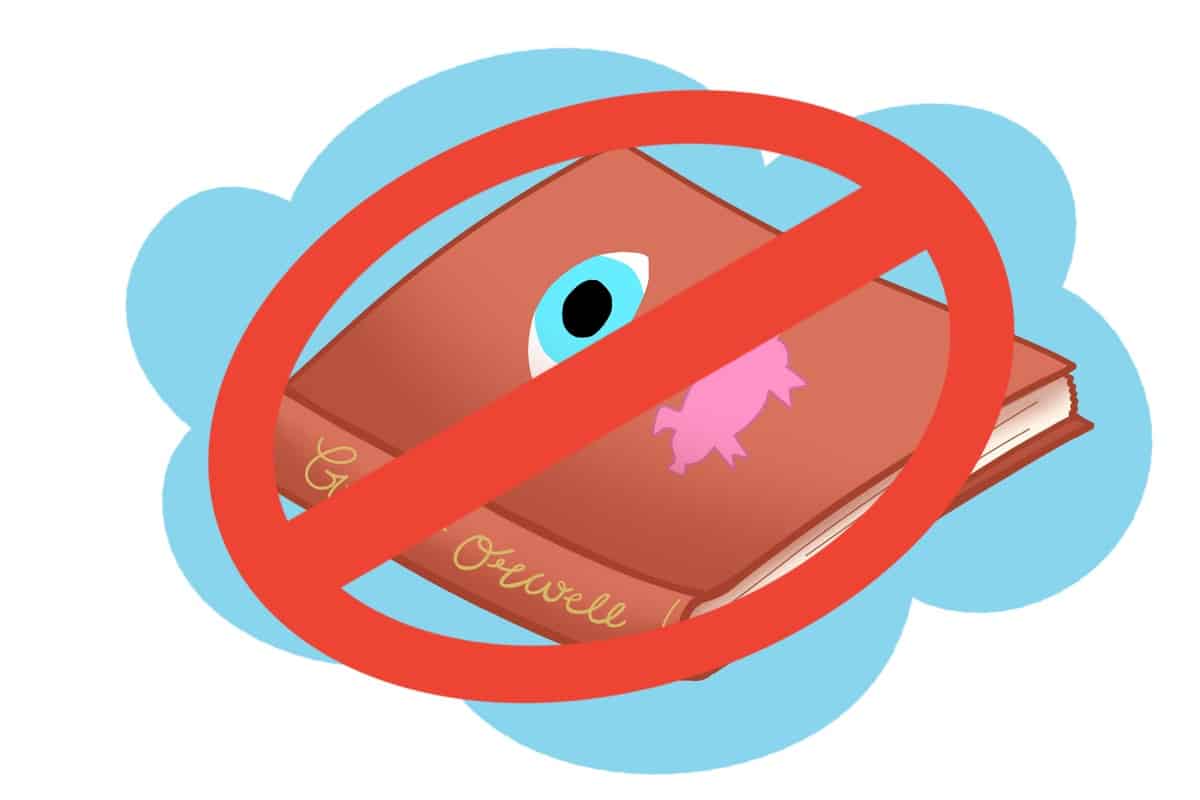Banned Books Week is celebrated annually in early October, and this year, from Oct. 1-7, a weeklong commemoration of silenced authors around the world, shedding light on a subject so frequently left in the dark. Avoiding and outlawing literature containing controversial and often poignant topics doesn’t solve the problems that caused them.
When researching Banned Books Week, a question one may think to look up first is: “Why are books banned in the U.S.?” There are quite a few answers, and it puts the paradox that is the state of the U.S. literary curriculum into perspective.
The top suggested response from Google is from an article from Middle Tennessee State University, stating that, “Those advocating a ban complain typically that the book in question contains graphic violence, expresses disrespect for parents and family, is sexually explicit, exalts evil, lacks literary merit, is unsuitable for a particular age group, or includes offensive language.”
However, when one searches “What are the books banned in the U.S.?,” books that are acclaimed as forward-thinking and progressive by various critics and news publications grace the list, such as “1984,” by George Orwell.
It’s ironic: a book about breaking free from control and conformity, banned by higher-ups and officials. Though each state and school and library has its own particular list of literature it finds lackluster and overall unnecessary, there are a few books that are banned in most parts of the U.S. But they’re not just books, pages bound by leather covers on shelves collecting dust.
They are stories, thoughts, feelings and emotions evoked with every syllable written, never to see the light of day or a reader’s eye. These creative compositions on subjects of great significance are being taken off shelves entirely without a second thought.
The pages of high emotions and hard realizations in Alice Sebold’s memoir “Lucky” will no longer be read by students at Escambia County Schools in Florida because it “addresses rape and incest.”
The work of Nic Stone in “Dear Martin,” which articulates the words so hard to find so eloquently on heavy matters such as police brutality and racism, has been cleared from shelves at Tuscola High School in North Carolina.
According to Bill Nolte, superintendent of Haywood County Schools in North Carolina, “the intended educational message or purpose of the book was being diminished by the way it was written, by the amount of profanity and innuendo.”
The historical tribute to the 9/11 attacks in Jonathan Safran Foer’s “Extremely Loud & Incredibly Close,” or the jarring details in the events leading up to a school shooting in Jodi Picoult’s “Nineteen Minutes,” or even the coming-of-age story dealing with LGBTQ+ youth in John Green’s “Looking For Alaska” — copies closed, removed from school curriculums and libraries across the country.
These works are criticized and scrutinized for saying what most try desperately to push to the back of their minds. It is becoming increasingly clear that the modern literary culture is confusing progressivity with passivity, outlawing anything that strays from the “perfect story.”
Books exist to help us understand and feel understood. But how will students know that they are understood if they are never able to truly see it for themselves? That their feelings and life experiences aren’t too explicit and taboo to be discussed, but rather entirely normal and universal.
Whether to read a book is a completely subjective and a personal choice that should be left up to each and every reader. This not-so-blissful ignorance is creating a culture that does not align with our constitutional right to freedom of speech.







